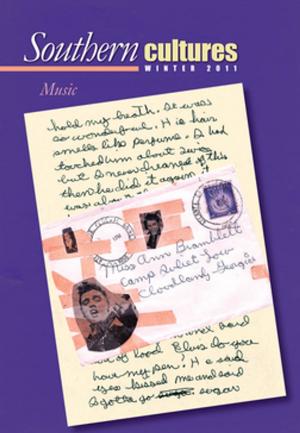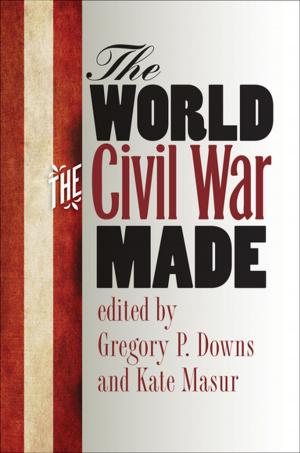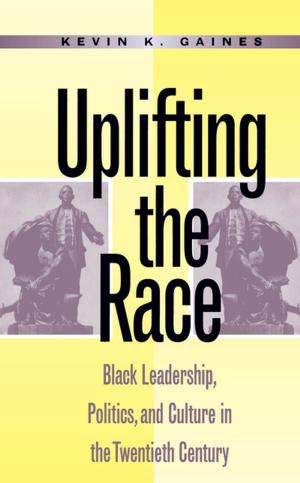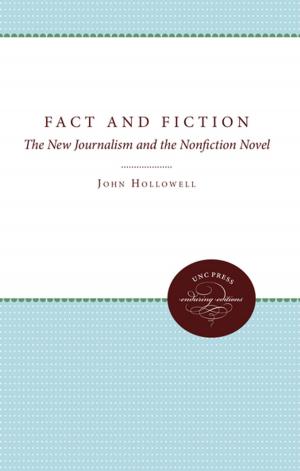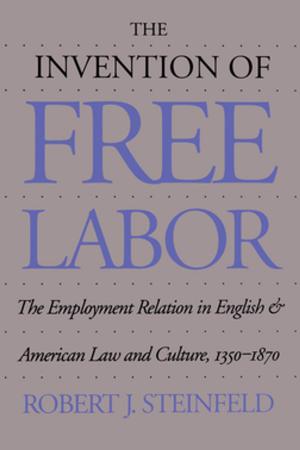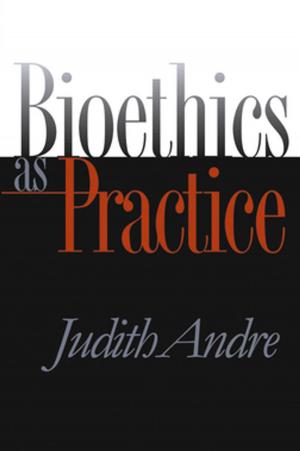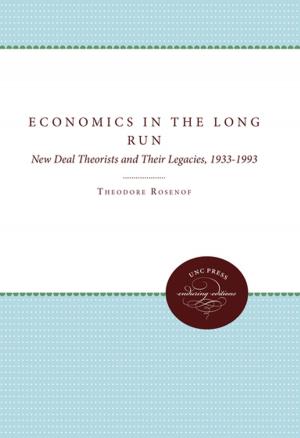Original Sin and Everyday Protestants
The Theology of Reinhold Niebuhr, Billy Graham, and Paul Tillich in an Age of Anxiety
Nonfiction, Religion & Spirituality, Theology, Christianity| Author: | Andrew S. Finstuen | ISBN: | 9780807898536 |
| Publisher: | The University of North Carolina Press | Publication: | December 1, 2009 |
| Imprint: | The University of North Carolina Press | Language: | English |
| Author: | Andrew S. Finstuen |
| ISBN: | 9780807898536 |
| Publisher: | The University of North Carolina Press |
| Publication: | December 1, 2009 |
| Imprint: | The University of North Carolina Press |
| Language: | English |
In the years following World War II, American Protestantism experienced tremendous growth, but conventional wisdom holds that midcentury Protestants practiced an optimistic, progressive, complacent, and materialist faith. In Original Sin and Everyday Protestants, historian Andrew Finstuen argues against this prevailing view, showing that theological issues in general--and the ancient Christian doctrine of original sin in particular--became newly important to both the culture at large and to a generation of American Protestants during a postwar "age of anxiety" as the Cold War took root.
Finstuen focuses on three giants of Protestant thought--Billy Graham, Reinhold Niebuhr, and Paul Tillich--men who were among the era's best known public figures. He argues that each thinker's strong commitment to the doctrine of original sin was a powerful element of the broad public influence that they enjoyed. Drawing on extensive correspondence from everyday Protestants, the book captures the voices of the people in the pews, revealing that the ordinary, rank-and-file Protestants were indeed thinking about Christian doctrine and especially about "good" and "evil" in human nature. Finstuen concludes that the theological concerns of ordinary American Christians were generally more complicated and serious than is commonly assumed, correcting the view that postwar American culture was becoming more and more secular from the late 1940s through the 1950s.
In the years following World War II, American Protestantism experienced tremendous growth, but conventional wisdom holds that midcentury Protestants practiced an optimistic, progressive, complacent, and materialist faith. In Original Sin and Everyday Protestants, historian Andrew Finstuen argues against this prevailing view, showing that theological issues in general--and the ancient Christian doctrine of original sin in particular--became newly important to both the culture at large and to a generation of American Protestants during a postwar "age of anxiety" as the Cold War took root.
Finstuen focuses on three giants of Protestant thought--Billy Graham, Reinhold Niebuhr, and Paul Tillich--men who were among the era's best known public figures. He argues that each thinker's strong commitment to the doctrine of original sin was a powerful element of the broad public influence that they enjoyed. Drawing on extensive correspondence from everyday Protestants, the book captures the voices of the people in the pews, revealing that the ordinary, rank-and-file Protestants were indeed thinking about Christian doctrine and especially about "good" and "evil" in human nature. Finstuen concludes that the theological concerns of ordinary American Christians were generally more complicated and serious than is commonly assumed, correcting the view that postwar American culture was becoming more and more secular from the late 1940s through the 1950s.

